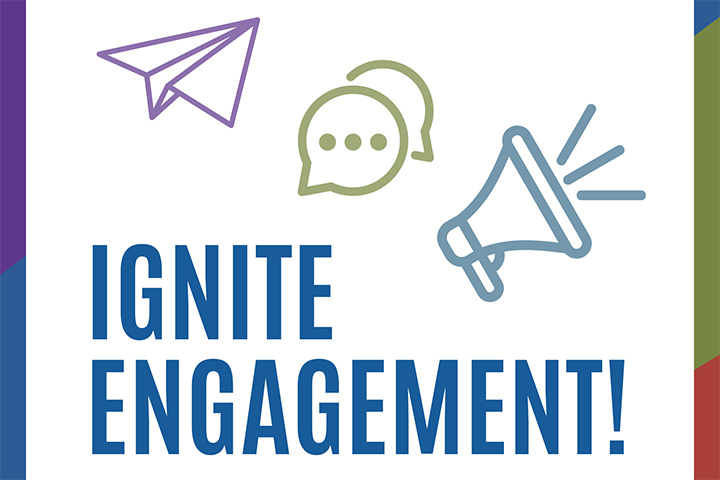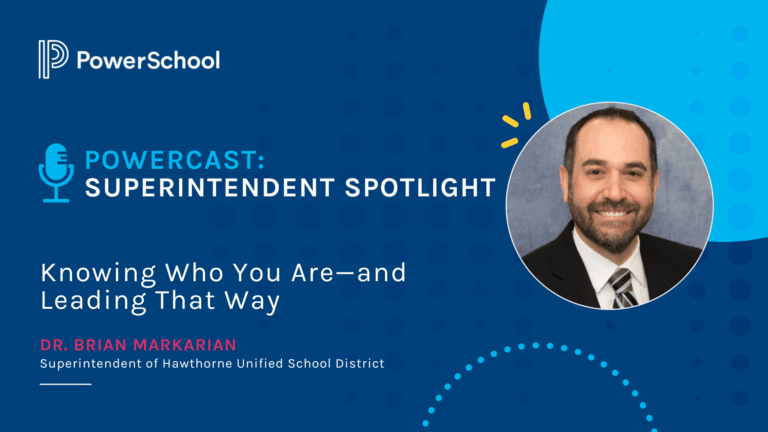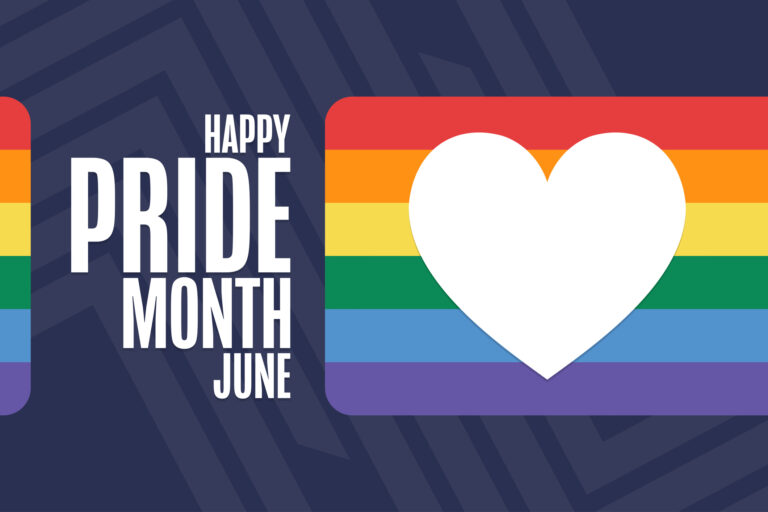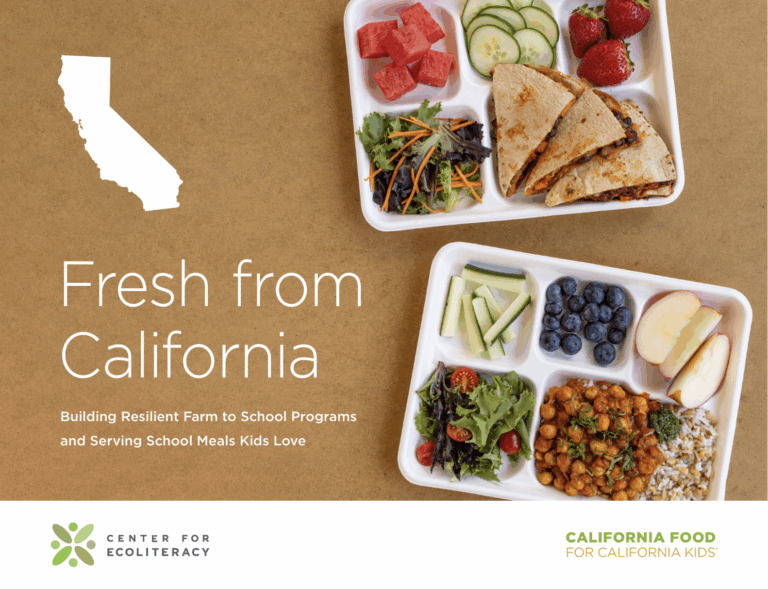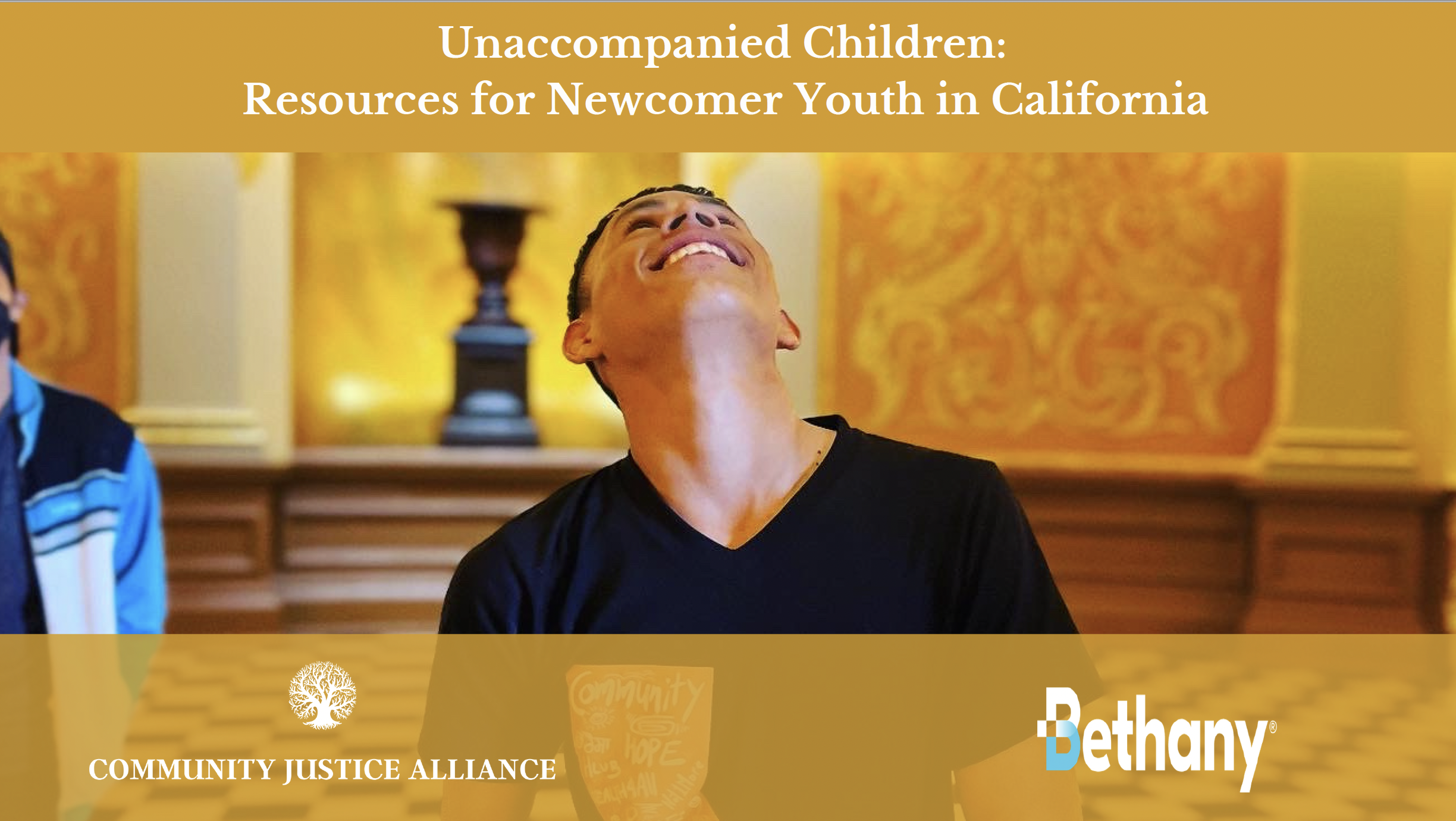
By Rudy Cuevas, Frank Alvarez, Cathy Brandt, Tizoc Brenes, Sonia Hernandez, Celine Massuger and Helen Whitcher
Opportunity youth, defined as young people aged 16 to 24 who are neither in school nor employed, represent both challenges and opportunities for communities. Breaking down barriers and helping them plan for the future sets them up for lasting success. For organizations working with opportunity youth, ensuring long-term success goes beyond the immediate milestones of graduation or securing a first job. It involves creating sustainable pathways that empower young individuals to thrive in their personal and professional lives. This article outlines key practices, initiatives, and partnerships that YouthBuild Charter School of California engages to create sustainable impact and long-term outcomes, offering actionable insights for practitioners.
Formulating a partnership strategy that uplifts opportunity youth
YouthBuild Charter School of California (YCSC) was founded in September 2008, during the recession. Millions of young people had been pushed out of even entry-level summer jobs by older workers. Pessimistic, nearly a third of Los Angeles’ young people didn’t return to school that year or dropped out. Meanwhile, California’s schools pushed out students whose low test scores and spotty attendance threatened their state funding. Enter YCSC, a state-accredited, project-based, dropout recovery school for 16-24 year olds, founded by Phil Matero. YCSC’s strategy, then and now, is to co-locate with affiliates of YouthBuild Global, a movement that is dedicated to supporting the aspirations of young people in low-income communities. MDRC conducted a four-year study of the nationally recognized YouthBuild Global (YB) model, founded on love and culture, along with its five core elements: education, career pathways, support services, leadership development, and alumni success. The study found that YB led to a 34.5% high school equivalency credential rate compared to 23.5% for the control group, representing an 11% increase. By year four, participants were significantly more likely to report full-time employment or to work in higher-wage sectors.
We partner with YB affiliates (in Los Angeles, Riverside, San Bernardino, San Diego and Fresno counties) not only to award high school diplomas to young people who have overcome tremendous challenges to their success, but to offer hands-on CTE job training, basic work readiness courses, counseling, and additional comprehensive services. For example, a team of Masters in Social Work interns provide individual and group counseling to our students at each site under the supervision of our Director of Counseling Services to holistically meet student need as they build upon their assets and transition into college or career. A key aspect of our school involves student leadership and community transformation. Each of our 16 sites develops a Community Action Project. Students, staff, and community partners conduct social investigation projects in their academic classes. Then they design an action to address a pressing community issue. These projects range from building community gardens, speaking at LA County Board of Supervisors meetings to advocate for community resources, or organizing a community health fair. Community Action Projects promote democratic decision making, build leadership capacity amongst our stakeholders, and provide opportunities for community transformation.
However, even as our students build up communities, they remain under-resourced. Post-COVID learning loss and increased poverty, a new administration, and a 50% increase in students experiencing homelessness have led us to create the Building Hope Crisis Fund. State resources can’t cover a hotel voucher for a student fleeing domestic violence, textbooks for the alum whose financial aid was dropped, or for the student whose car broke down so she can’t get to work. We believe this fund will also decrease the compassion fatigue that plagues teachers when all hope seems lost.
Also, though YCSC is an accredited high school, we are challenged by negative assumptions around the young people we serve as well as the fully accredited project-based pedagogy we cultivate that respects the power of young people to transform themselves and become leaders in their communities. The initiatives below, which we have strengthened or employed since our founding, build upon our mission, which is to cultivate collaborative learning communities in which every student has the right to an authentic education, plays a meaningful role in creating positive social change, and becomes an active participant in working towards just conditions for all.
Initiative I: Partnering as a foundational work. How to build relationships that result in partnerships that effectively support opportunity youth.
Since 2008, YCSC has thrived on partnerships founded on shared values and beliefs, collaboration, and inclusion. We believe every young person in California, especially opportunity youth, deserves an education that prepares them to counter social inequities and creates pathways for upward mobility. By aligning with local YB programs that share these values and beliefs, we strengthen our ability to uplift opportunity youth.
Partnerships start with transparency. We openly share our values and beliefs and seek to understand those of our potential partners. This practice fosters trust and ensures our work aligns with community needs. Collaboration becomes much more than a shared workload; it’s about working together toward a common good, investing in each other’s vision of change, and taking positive risks that drive innovation.
Inclusion is at the heart of our approach. Incorporating the values, beliefs, and ideas of all stakeholders forms the bedrock of our foundation. Whether it’s monthly meetings with YouthBuild program directors and YCSC leaders, bi-weekly community meetings with all YCSC staff (teachers, counselors, administrators and support staff) , or the student-led Youth Policy Councils, we create an inclusive space to share best practices, learn about partners needs, and shape our shared vision.
Our students often face challenges that leave them feeling overwhelmed, drained, and unable to stay engaged with school or access opportunities for upward mobility. These challenges ripple through our staff and partners who are on the front lines with our students and graduates. By fostering a partnership approach, we aim to create an environment that supports educators, empowers students, and transforms communities.
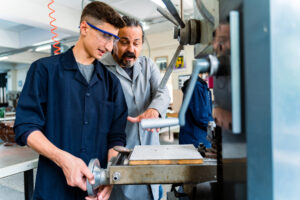
Initiative 2: Approaches to Career Technical Education with nontraditional students.
Since its inception YCSC has provided excellent education and supported local YB program sites with construction training. As interests from local programs broadened, YCSC has grown alongside, supporting their efforts. Compton YouthBuild expanded their offerings early on to include culinary training. Today, over five of the local programs are expanding in that direction. As a school it makes sense for us to evolve the training opportunities that local sites wish to provide into a more formal CTE structure with pathways and curriculum that meet state standards but also come with credits, placements and potential funding. YCSC recently earned grants to offer CTE training in Advanced Manufacturing/STEM and Apartment Maintenance to sites. CTE pathways open graduating students to additional careers in employment pathways instead of, or alongside, college. The industry-standard certifications that students earn through CTE programs give nontraditional opportunity youth the competitive edge needed to traverse along a higher wage career pathway.
Initiative 3: Dual enrollment to level the playing field
At YCSC, we are proud to offer dual enrollment programs that expand opportunities for our students by bridging the gap between high school and higher education. Currently, we have two co-located programs within the Los Angeles Community College District: South LA/Coalition for Responsible Community Development (CRCD) Academy at LA Trade Tech and RUTH YouthBuild at Pierce College. Through these partnerships, students are simultaneously enrolled in YCSC and the community college, enabling them to gain college experience and earn college credits while working toward their high school diploma.
Our partnership with CRCD and LA Trade Tech has been thriving since 2010, providing students with invaluable post-secondary exposure. More recently, in 2024, we launched our collaboration with Pierce College through RUTH YouthBuild, where students are now completing a non-credit Workforce Success certification program taught by Pierce College instructor Jose Gutierrez. These partnerships give youth the opportunity to gain post-secondary skills and confidence to see themselves in college and succeed there. Ashley Henriquez, Academic Counselor at RUTH YouthBuild stated, “One incredible benefit of being located on the campus of Pierce College and offering dual enrollment is that our students gain the confidence of being on a college campus. Often, the transition from a small, supportive high school like YouthBuild to college can be overwhelming, but now our students will be able to develop a strong sense of belonging on a college campus before they leave high school, therefore making the transition seamless.” We hope that dual enrollment will enhance placement outcomes for students after graduating from YouthBuild by making the shift less challenging.
In 2024, we took a significant step forward by signing a Memorandum of Understanding with the entire Los Angeles Community College District. This agreement underscores our goal to expand dual enrollment opportunities across all 16 YouthBuild campuses, with the aim of reaching 400 dual-enrolled students by 2029. We hope to expand our dual enrollment offerings in the coming years to include credit-bearing courses, while ensuring that the support systems are fully in place to set our students up for success. While we are still refining our approach, we are committed to learning from successful models and implementing best practices to ensure our students can explore diverse academic and vocational pathways.
As we expand these programs, our commitment stays clear: fostering a sense of belonging for opportunity youth in higher education while providing them with the skills and confidence needed to thrive personally and professionally.
Initiative 4: How the California Community School Partnership model works to increase wellness and reduce barriers
YCSC’s program and services flow from a paradigm that integrates our mission, the YB model, and a Multi-Tiered System of Support (MTSS). Through our five-year California Community School Partnership (CCSSP) grant we have enhanced our ability to support the changing needs of young people and their families.
The five core elements of the YB model – Education, Construction & Other Pathways, Support Services, Leadership Development, and Alumni Success – fit squarely within the four pillars of an effective community school:
- Integrated student supports,
- Family and community engagement,
- Collaborative leadershipand practices for educators and administrators, and
- Extended learning time and opportunities
The elements also align with our LCAP goals to inform and guide all aspects of our work at our 16 sites. With support from CCSPP, we have continued to push beyond surface level or band-aid approaches to supporting young people who have been underserved by traditional schools. We are identifying root causes of school dropout, unemployment, and other obstacles to success with designs on a systems change approach that impact our young people, their families and communities. As we expand, and our Advisory Boards stabilize, our vision is to increase our push for critical, constructive, and consensus dialogues between all community stakeholders, resulting in collaborative solutions. We seek to end the reproduction of inequality rather than just “treating” the many individual struggles that come from inequality.
Many of our sites incorporate unique and creative activities to address student needs that reflect the Five Core Elements of YB. Other sites have far fewer activities in place. We have learned that traditional “wraparound” services do not bring the school and community together to affect true student success. This partnership with CCSPP is helping us to understand where we need to align and work to transform our school and the program sites to truly be a community school with high student success.
What have we learned?

When it comes to these initiatives—prioritizing partnerships, creating robust CTE pathways for non-traditional students, expanding access to dual enrollment opportunities in community colleges, supporting the development of community schools focused on overall wellness, and addressing the individual needs of special education students—our charter school acknowledges that we don’t have all the answers. However, what we do have is the invaluable opportunity to learn and grow by observing what works best across diverse contexts and unique community settings. By embracing this exploratory mindset, we can adapt and refine our practices to meet the evolving needs of the populations we serve. Rather than relying on a one-size-fits-all model, we are dedicated to building a dynamic and responsive approach that is firmly grounded in proven strategies and best practices tailored to support the success of opportunity youth. Through this commitment, we aim to create pathways to success that are both inclusive and impactful.
Conclusion
YCSC has developed cultural competencies – Love and Care, Leadership, Success, Social Consciousness and Action (detailed here) that build unity, connect students to their communities and run through our organization as its core values. They incorporate consciousness of social issues as well as skills that are needed to take action and build unity. These competencies bridge the gap between the classroom and the community and are essential to fulfilling our school’s vision of social justice.
We have grown exponentially from 265 students at three sites in Los Angeles County to over 1,500 students each year at 16 sites in Los Angeles, San Bernardino, Fresno, and San Diego counties and 6,000 graduates since 2008. In the process, we have developed a culture where our vulnerable and yet promising students are actively engaged in improving socio-economic justice conditions in the local community. Through their efforts, future generations will be unhindered from pursuing their aspirations for higher education and profitable careers.
(Cynthia Miller, Danielle Cummings, Megan Millenky, Andrew Wiegand, and David Long. “National YouthBuild Evaluation Dataset.” 2018. MDRC.)
Rudy Cuevas is the superintendent of YouthBuild Charter School of California and Frank Alvarez is its director of partnership development, Cathy Brandt is the director of development, Tizoc Brenes and Sonia Hernandez are principals, Celine Massuger is an assistant principal and Helen Whitcher is the CTE director.



